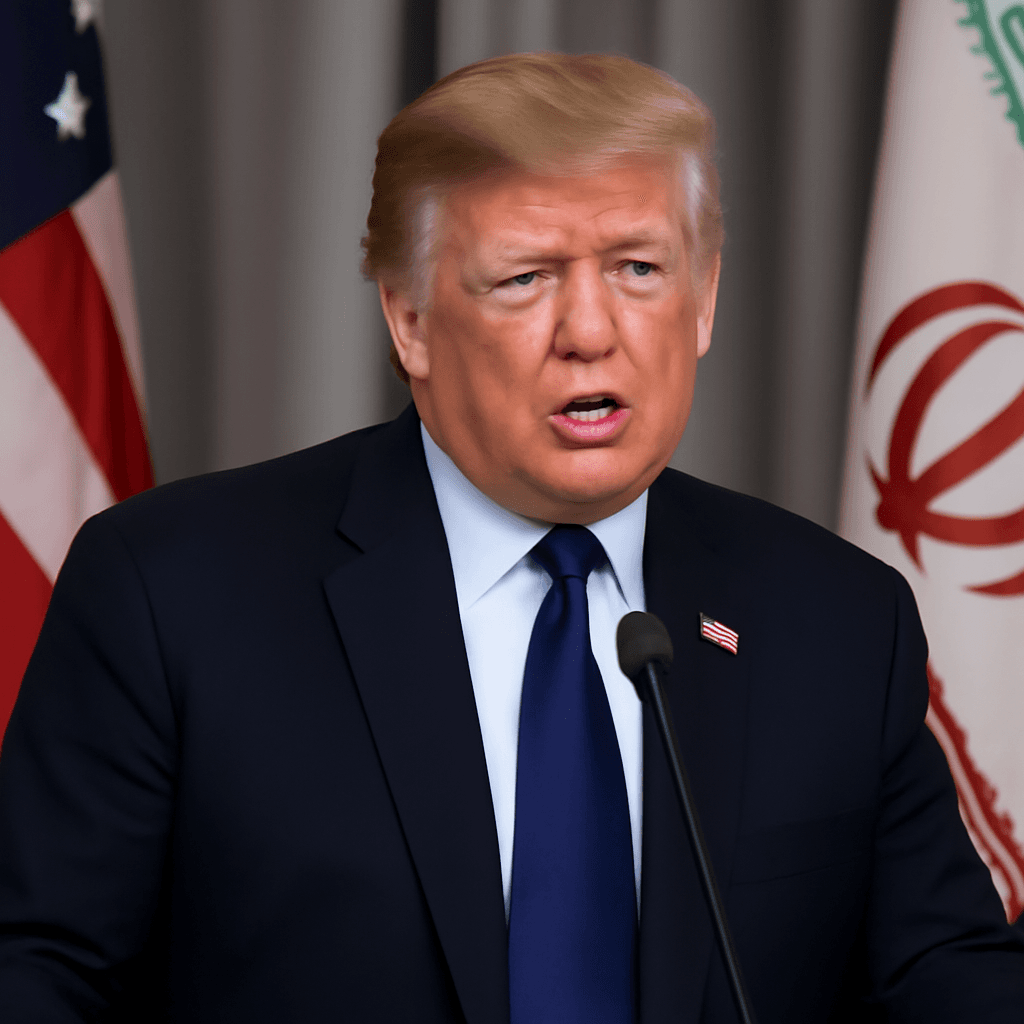Trump Dismisses Iran’s Nuclear Proposal as 'Unacceptable'
US President Donald Trump has firmly rejected Iran’s latest counter-proposal amid ongoing nuclear negotiations, labeling it “unacceptable”. The talks, aimed at reviving a nuclear deal abandoned in 2018, have hit a significant roadblock over Iran’s insistence on continuing uranium enrichment, a key sticking point for the United States.
The Core Dispute: Uranium Enrichment
The crux of the deadlock centers on Iran’s desire to maintain the ability to enrich uranium for civilian purposes, a move Washington opposes outright. The US insists that Iran should relinquish any enrichment capabilities, fearing they could accelerate the path to nuclear weapons development.
So far, five rounds of talks have taken place, highlighting the gulf between the two sides. Since Trump withdrew from the Iran nuclear deal in 2018, Tehran has intensified its uranium enrichment activities, edging closer towards weapons-grade levels. This escalation has escalated global concerns about nuclear proliferation and regional stability.
Warnings of Catastrophic Outcomes
In a blunt statement, Trump cautioned that failure to reach an agreement could have severe consequences for Iran. “They don’t want to give up what they have to give up. You know what that is? They seek enrichment. We can’t have enrichment,” Trump said, emphasizing the deadlock.
He warned of a grim alternative, describing potential fallout as “very, very dire”, including death and destruction should the negotiations collapse.
A Bridge Proposal and Its Rejection
The Iranian counter-offer came in response to a so-called bridge proposal introduced by the US Middle East envoy, envisioning a phased approach. Under this plan, Iran could temporarily enrich uranium up to 3-5%—levels suitable for civilian energy production—until a regional consortium was established to supply nuclear fuel.
This consortium, comprising neighboring countries, would oversee fuel supply and reactor construction, with Iran halting enrichment once fuel distribution commenced. Despite its conciliatory tone, Iran’s counter-proposal has not met US expectations.
Regional Tensions and Israeli Concerns
Israel, a key US ally in the Middle East, has repeatedly asserted that a nuclear-armed Iran poses an existential threat. It has vowed to dismantle Iran's nuclear ambitions, even unilaterally if required. In this delicate diplomatic environment, Trump has urged Israeli Prime Minister Benjamin Netanyahu to hold off on any military actions during the talks.
Trump's Cautious Outlook
While Trump had previously expressed optimism about securing a deal, his recent remarks convey uncertainty. “We’re trying to make a deal so that there’s no destruction and death... I hope that’s the way it works out, but it might not,” he said, underscoring the precarious nature of the negotiations.
As talks continue, the world watches closely, aware that the path forward holds significant implications for regional security and global nonproliferation efforts.

